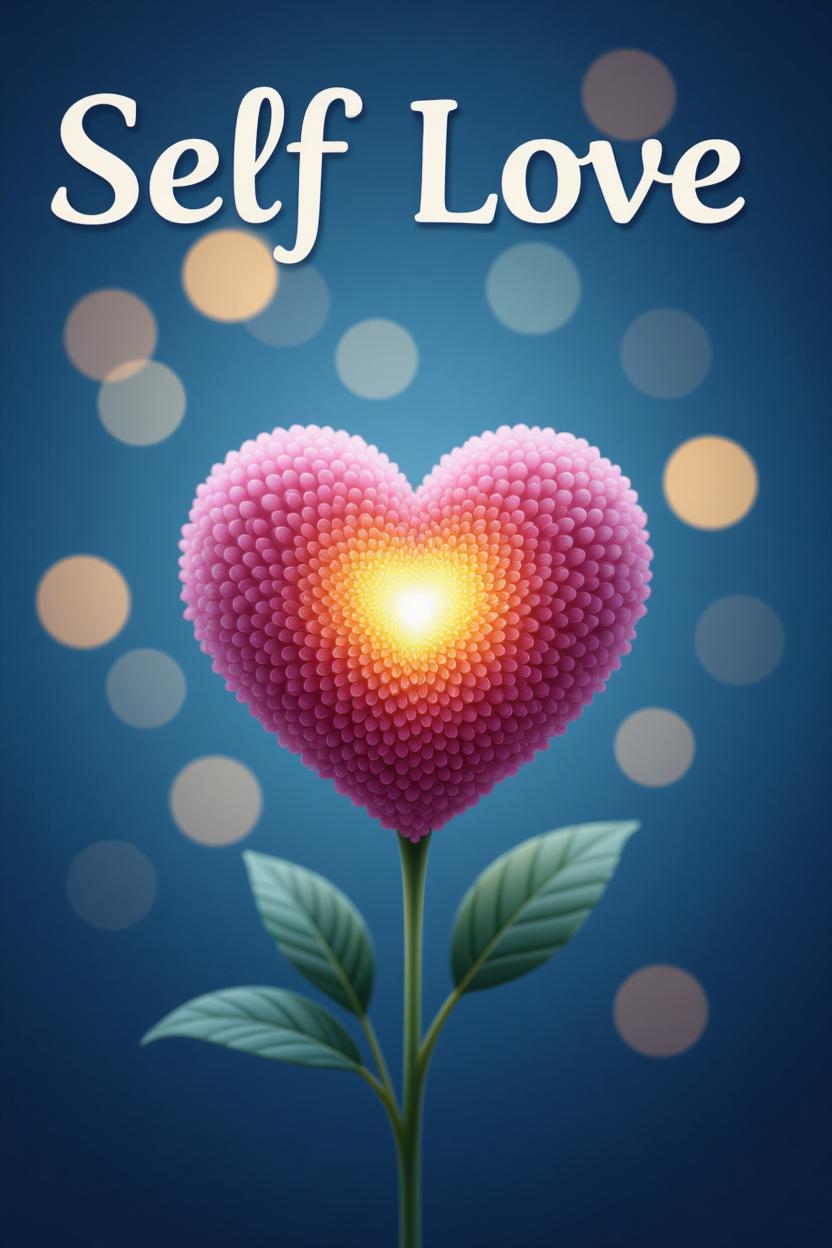Life after the pandemic has brought a surge in stress and uncertainty, particularly among younger generations. Studies show that rates of depression and anxiety doubled during that time and haven’t gone back down since. Unsurprisingly, this has taken a toll on dating and relationships.
A new survey of more than 1,000 Gen Z and millennial singles explored how anxiety shapes their approach to dating, and the results reveal some striking patterns.
Anxiety as a Barrier to Dating
Nearly 80% of young singles admit that dating stresses them out, and 43% say they avoid dating altogether because of their anxiety. Almost half (47%) even credit anxiety as the main reason they remain single.
The survey also found that over 60% feel their anxiety directly harms their dating life. This sometimes leads to long periods of staying single and even pessimism about the future—42% of respondents worry they’ll be alone forever, and that number climbs to 47% among millennials.
For single women under 43, more than one-third say anxiety about their biological clock adds pressure. Overall, 83% of participants report having anxiety, and more than half have a formal diagnosis. Some even take medication before a first date to help calm their nerves.
Interestingly, not everyone avoids partners with anxiety. About a quarter say they actually prefer dating others who understand it, and 15% disclose their mental health status on the very first date. Still, not all disclosures are received well—over 1 in 10 said they’ve been turned off by a date’s admission.
How Anxiety Shows Up in Dating
Mental health challenges don’t just affect whether people date; they also influence how dates unfold. One in three has canceled a date because of mental health struggles, and more than two in five have ghosted someone due to anxiety. Panic attacks are not uncommon—16% say they’ve had one on a first date.
Top concerns include:
- Fear of rejection (64%)
- Worrying the date won’t live up to expectations (56%)
- Running out of things to say (43%)
- Feeling “too much” for the other person (28%)
- Believing the date might just be a waste of time (25%)
Safety is another key worry, with one in five anxious about potential harm on a first date.
Messaging is also a stress point. Two-thirds have experienced “carouselling” — chatting endlessly without meeting up. Over half say the longer they exchange messages online, the more anxious they become.
Even intimacy can spark anxiety. Thirteen percent have stopped a date due to concerns around sexual performance, and 11% of women reported having a panic attack during sex.
Mixed Feelings About Dating Apps
While many still hold out hope for finding love—72% believe there’s someone for them—technology doesn’t seem to help much. Two-thirds prefer meeting people in person, while the same share say dating apps make them anxious. More than half even consider apps a waste of time.
At the same time, many admit they aren’t putting themselves out there. Fewer than 20% feel they make enough effort to meet potential partners, and nearly a third say they’ve rejected someone because of their own dating anxiety. Even once in a relationship, the fears don’t always fade: 46% worry about catching deeper feelings, and 43% struggle with commitment anxiety.
Final Thoughts
For younger singles, anxiety has become a defining factor in how they date—or don’t. While partnership may not be everyone’s goal, the survey suggests that honesty, empathy, and realistic expectations can help ease the pressure. Ultimately, finding happiness may mean focusing less on traditional milestones and more on personal well-being.
Methodology
This survey was conducted in late 2024 with 1,007 Gen Z and millennial singles between the ages of 18 and 43 (average age 30). Participants included men, women, and nonbinary respondents. Percentages have a margin of error of about 3%.







